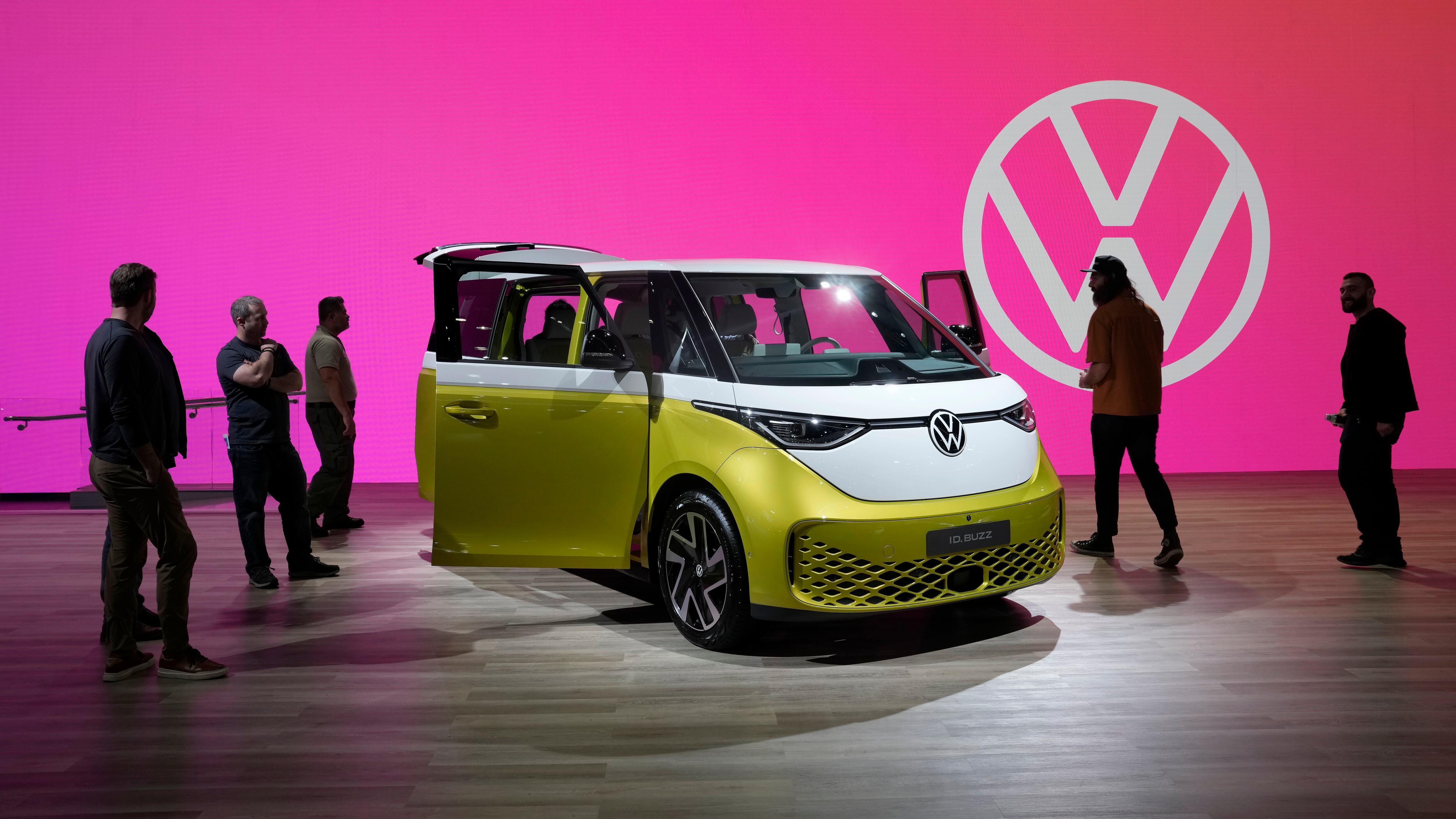German carmaker Volkswagen said it delivered 4.56 million vehicles in 2022. This is down 6.8% from the year before, as a "strained supply situation" led to a backlog of orders.
On the upside, sales of Battery Electric Vehicles (BEVs) were up roughly 23.6%.
"We achieved a solid sales result in 2022 despite persistent supply bottlenecks," Imelda Labbé, board member for sales, marketing and after sales for Volkswagen, said in a press release. "The pronounced growth in BEV models confirms that with our attractive product portfolio, we are on the right track to becoming the most desirable brand for sustainable mobility.”
The company said the order backlog "remains very high," with 640,000 customers having placed orders in Europe alone.
Volkswagen entered the electric vehicle market in 2020 with the ID.3, and has since delivered 580,000 units. The company announced the latest ID model, the ID.7, at the Consumer Electronics Show (CES) last week. The electric sedan is intended to help Volkswagen extend its line-up of electric vehicles into the "upper middle class high-volume segment."
"The roadmap is clear: with the ACCELERATE strategy, Volkswagen is stepping up the pace of its electric campaign with ten new electric models by 2026," the company said.









